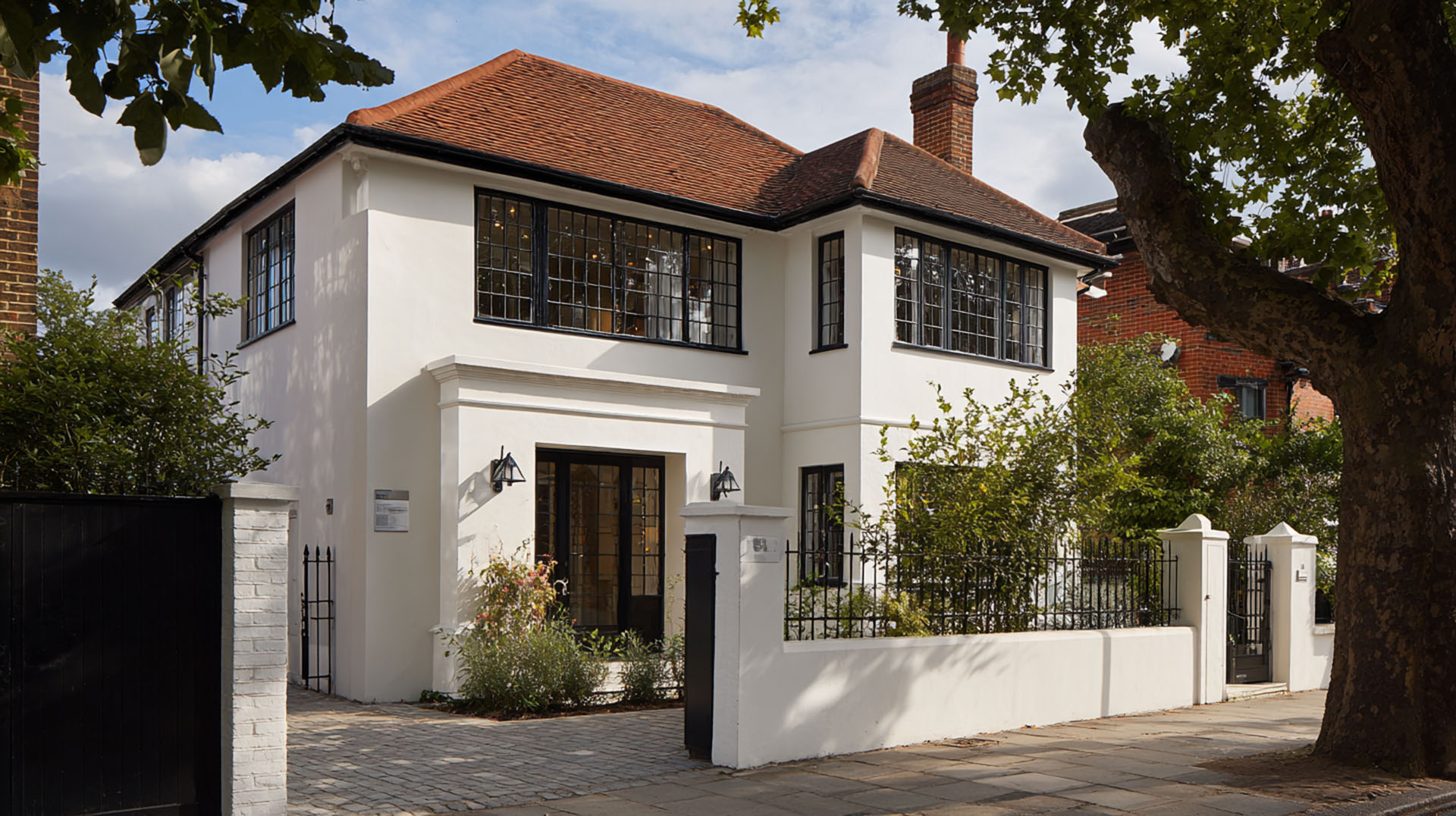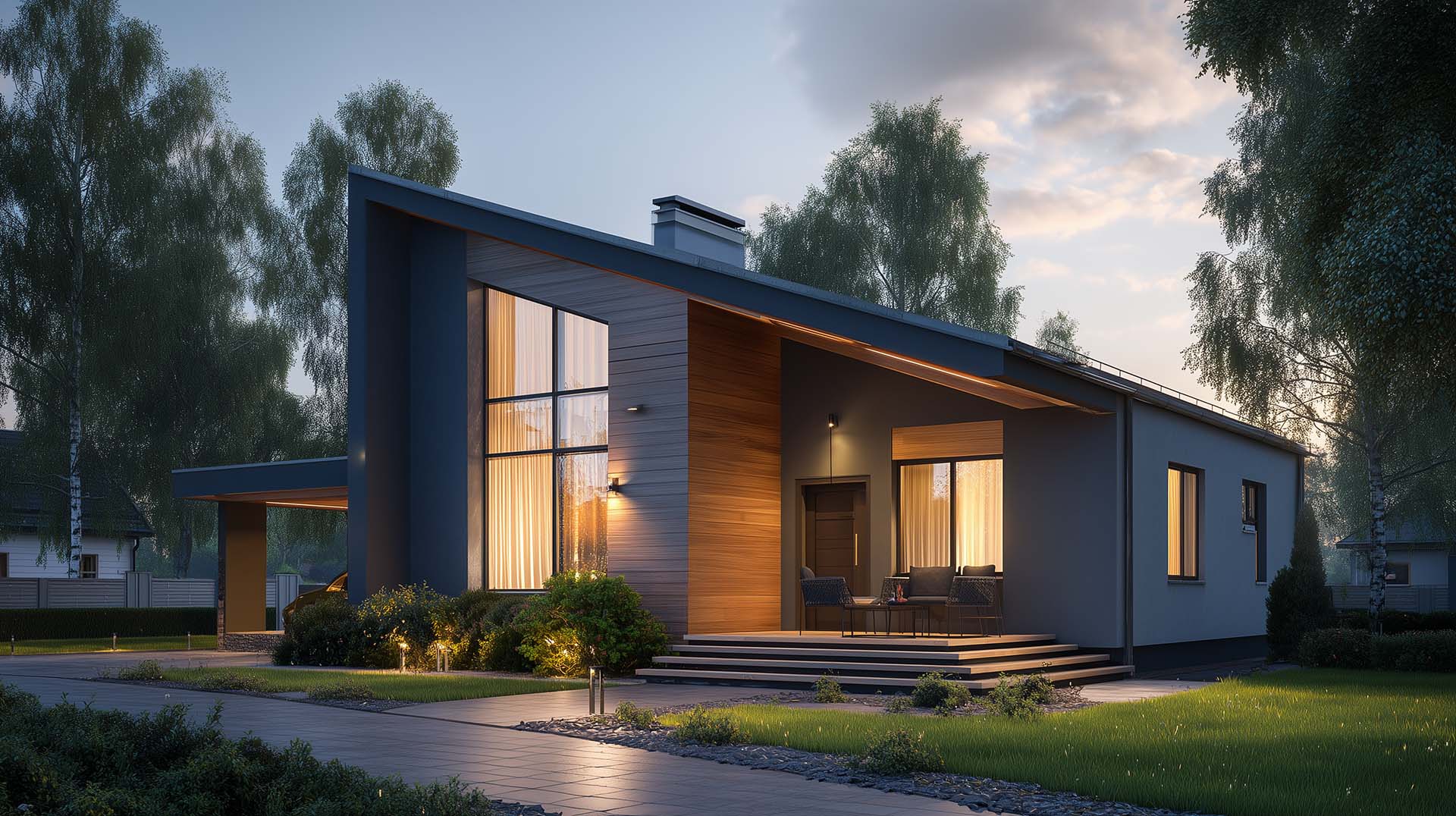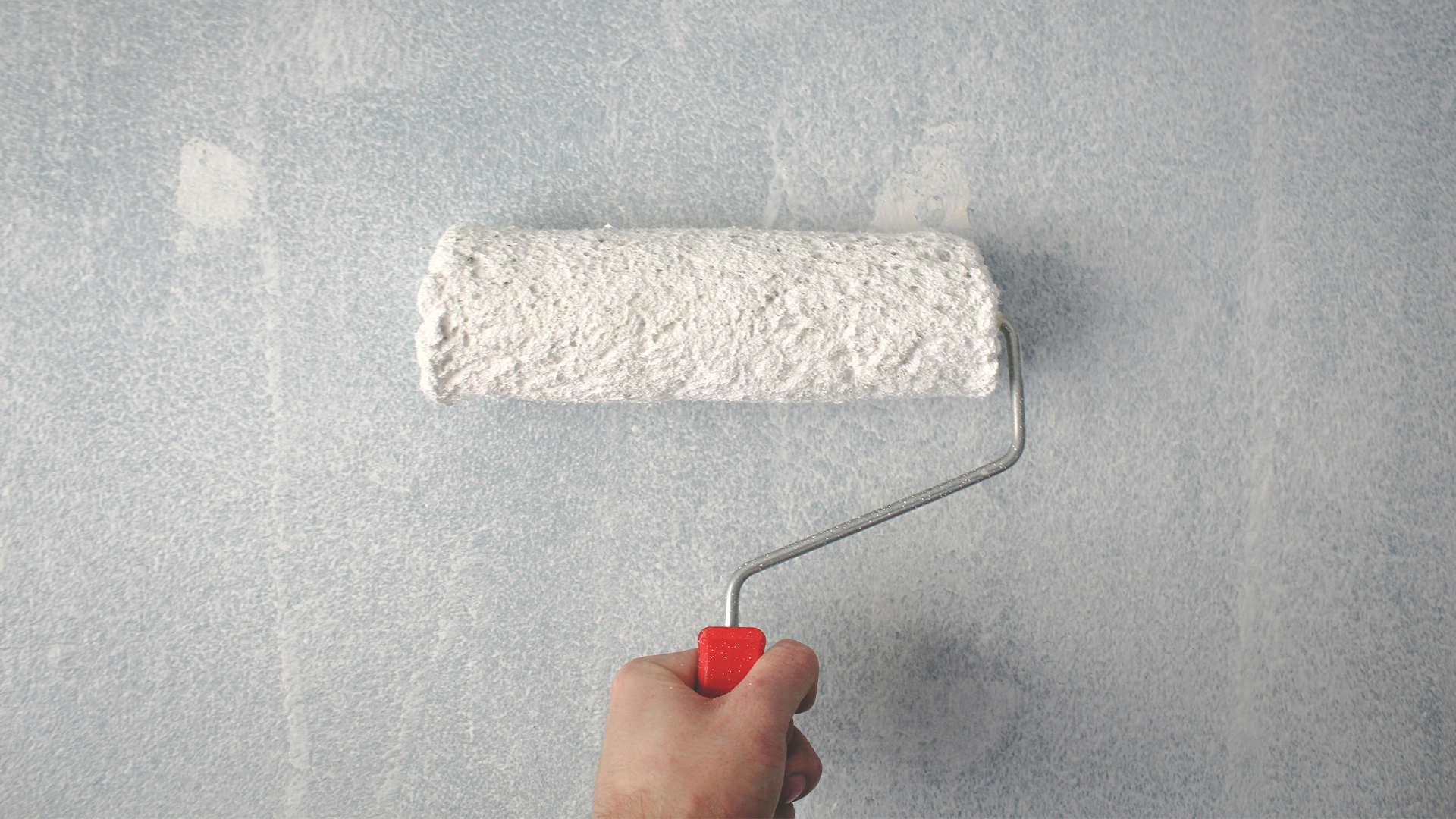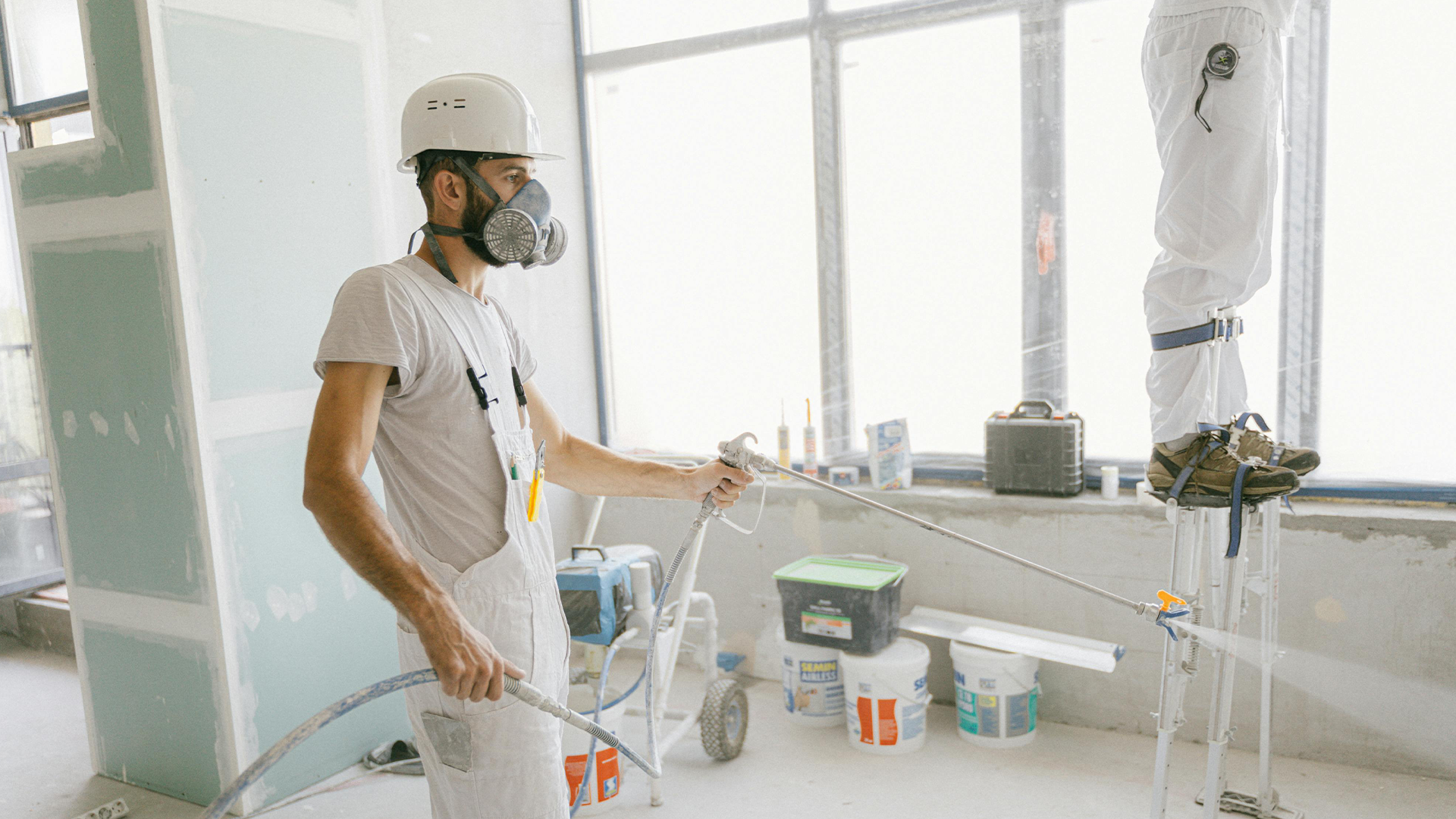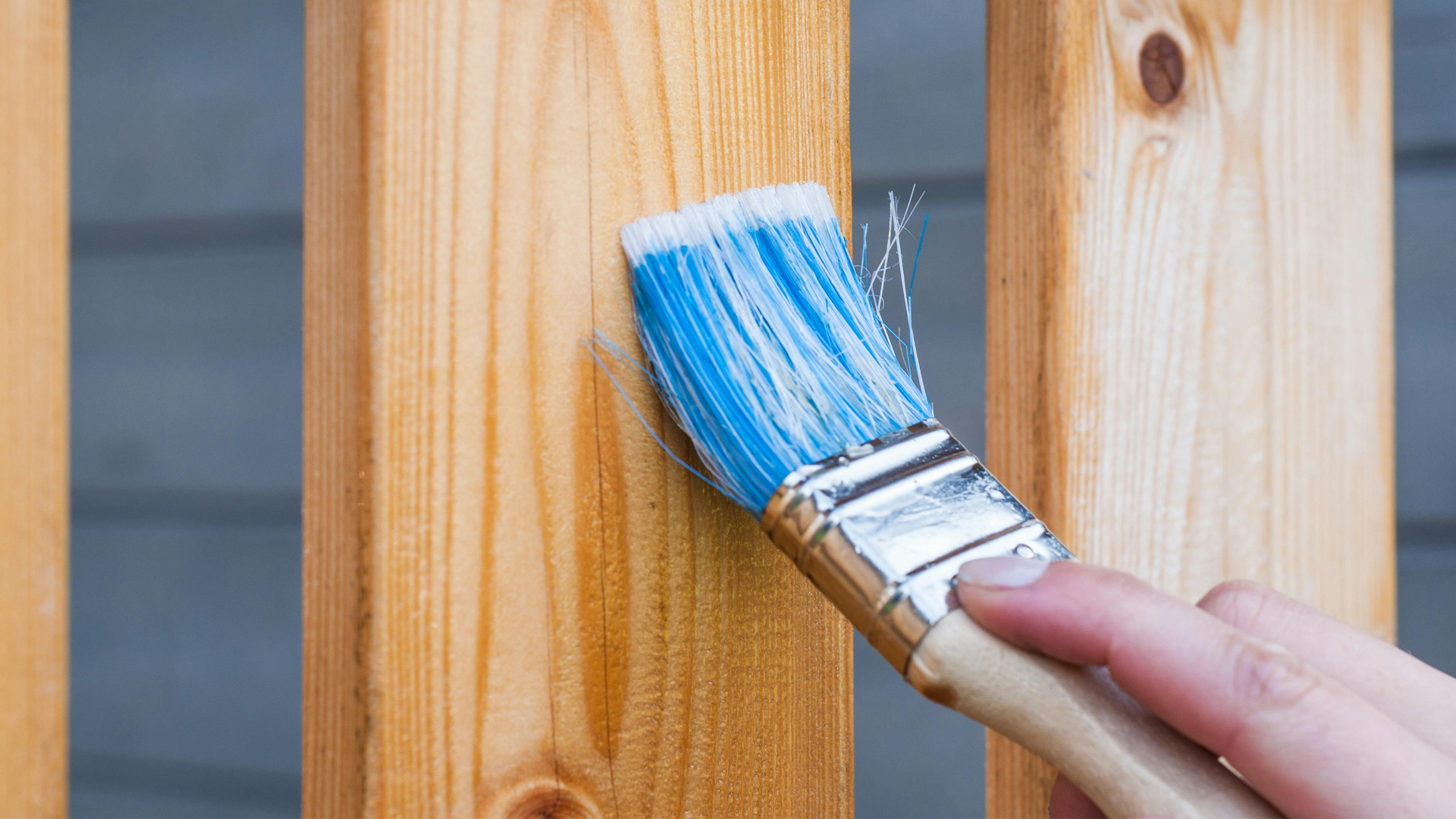Key Take Aways
Brick walls are inherently porous and can absorb moisture, especially in areas with high rainfall or humidity.
Over time, weathering, freeze‑thaw cycles, and poor construction (e.g., faulty mortar joints or lack of sealing) weaken bricks and increase water ingress risk.
Signs of water leakage include damp patches, mould/mildew, powdery efflorescence, crumbling mortar, peeling paint, spalling bricks, rust stains, musty odours, and warped woodwork—early detection is vital.
Effective solutions are available: exterior wall coatings, penetrating weatherproof treatments, quality masonry paints, regular maintenance, and proper guttering/drainage.
Professional assessment and application of high‑grade weatherproof coatings ensure tailored, long‑term protection for your brick walls.
Can Water Leak Through Brick Walls? Understanding the Risks and Solutions
Brick walls, a common feature in many UK homes, possess a timeless aesthetic and robust structure. However, homeowners often ask, “Can water leak through brick walls?” The short answer is yes. This blog post digs into the reasons why water leakage occurs in brick walls and offers practical solutions to mitigate this issue.
Why Can Water Leak Through Brick Walls?
Brick, a porous material, can absorb water. This absorption becomes problematic when the water freezes and thaws, leading to cracks and deterioration. Additionally, factors such as improper construction, lack of maintenance, and harsh weather conditions in the UK can exacerbate the problem.
- Porous Nature of Bricks: Bricks are naturally porous, allowing moisture to seep in. This can be exacerbated in areas with high rainfall or humidity.
- Weathering and Age: Over time, brick walls weather and lose their resilience, making them more susceptible to water ingress.
- Faulty Construction: Poorly constructed brick walls, with inadequate mortar joints or improper sealing, are more prone to water leakage.
- Capillary Action: Water can rise through the tiny pores in bricks, a phenomenon known as capillary action, leading to dampness in walls.
Signs of Water Leakage in Brick Walls
Detecting water leakage early in brick walls is crucial for preventing extensive damage to your property. Identifying the common signs of water intrusion can save significant repair costs and maintain the structural integrity of your home. Here are more detailed signs to look out for:
- Damp Patches on Interior Walls: These are often the first indication of water seepage. Look for unusual wet spots or discolouration on walls, which might feel cold or damp to the touch.
- Mould or Mildew Growth: The presence of mould or mildew, particularly in corners and along the base of walls, indicates excessive moisture. It regularly appears as black, green, or white patches and can have a musty smell.
- Efflorescence: This is a white, powdery substance that forms on brick surfaces. It occurs when water moving through a wall brings salts to the surface. Upon evaporation, the salts remain as a white residue.
- Crumbling Mortar: Water intrusion can cause the mortar between bricks to weaken and crumble. This deterioration compromises the wall’s integrity and can lead to further moisture penetration.
- Peeling Paint or Wallpaper: Wallpaper or paint that is peeling, bubbling, or blistering is typically a sign of moisture beneath the surface.
- Spalling Bricks: Spalling occurs when moisture inside the brick forces the surface to peel, pop out, or flake off. It’s frequently accompanied by a bulging or bowed appearance in the wall.
- Rust Stains or Metal Corrosion: Water seepage can cause metal fixtures like wall ties or lintels within the brickwork to corrode, leading to rust stains on the wall’s surface.
- Frost Damage: In colder climates, frost damage can occur when water absorbed by the bricks freezes and expands. This can lead to cracks or even cause bricks to break apart.
- Musty Odours: A persistent musty or earthy smell in certain areas of your home, especially near walls, can indicate hidden moisture problems.
- Warped Woodwork: Wood elements near brick walls, such as skirting boards, door frames, or window sills, may warp or deteriorate due to moisture infiltration.
Recognising these signs early can prompt timely intervention, averting more serious structural issues. If you notice any of these symptoms in your home, it’s advisable to seek professional advice. Services like those provided by All Weather Coating can offer expert assessments and solutions to protect your home from water damage.
Solutions to Prevent Water Leakage Through Brick Walls
Addressing the question, “Can water leak through brick walls?” requires a multifaceted approach. Here are some effective solutions:
- Exterior Wall Coatings: Applying a high-quality exterior wall coating is a formidable defence against water intrusion. These coatings form a protective barrier, repelling water and offering enhanced durability.
- Weatherproofing Treatments: Specialised weatherproofing treatments can be applied to brick walls. These treatments penetrate the bricks, providing a waterproof barrier while allowing the wall to breathe.
- Regular Maintenance: Regularly inspecting and repairing any cracks or damages in the brickwork can prevent water ingress.
- Proper Guttering and Drainage: Ensuring gutters and drainage systems are clean and functional prevents water accumulation near brick walls.
- Quality Masonry Paints: While All Weather Coating doesn’t sell paints, professional application of quality masonry paint offers an additional layer of protection against moisture.
- Professional Assessment: Consulting a professional for a thorough assessment of your brick walls can pinpoint specific vulnerabilities and suggest tailored solutions.
The Role of Professional Weatherproofing Services
Professional weatherproofing services, like those offered by our team at All Weather Coating, play a crucial role in tackling the issue of “Can water leak through brick walls?” These services provide:
- Expert assessment of the extent of water leakage
- Tailored solutions for your specific needs
- Application of high-grade weatherproof coatings
- Long-term protection and peace of mind
Conclusion
To answer the question, “Can water leak through brick walls?” — yes, it can. But with the right preventative measures and professional expertise, you can safeguard your home against the detrimental effects of water leakage. Regular maintenance, effective weatherproofing treatments, and professional wall coating services, are key to preserving the integrity and appearance of your brick walls.
If you’re experiencing water leakage through your brick walls or want to prevent future issues, contact All Weather Coating. Our team of experts is equipped to provide bespoke solutions that protect your home against the unpredictable UK weather. Send an enquiry today to ensure your home remains dry, safe, and aesthetically pleasing for years to come.
